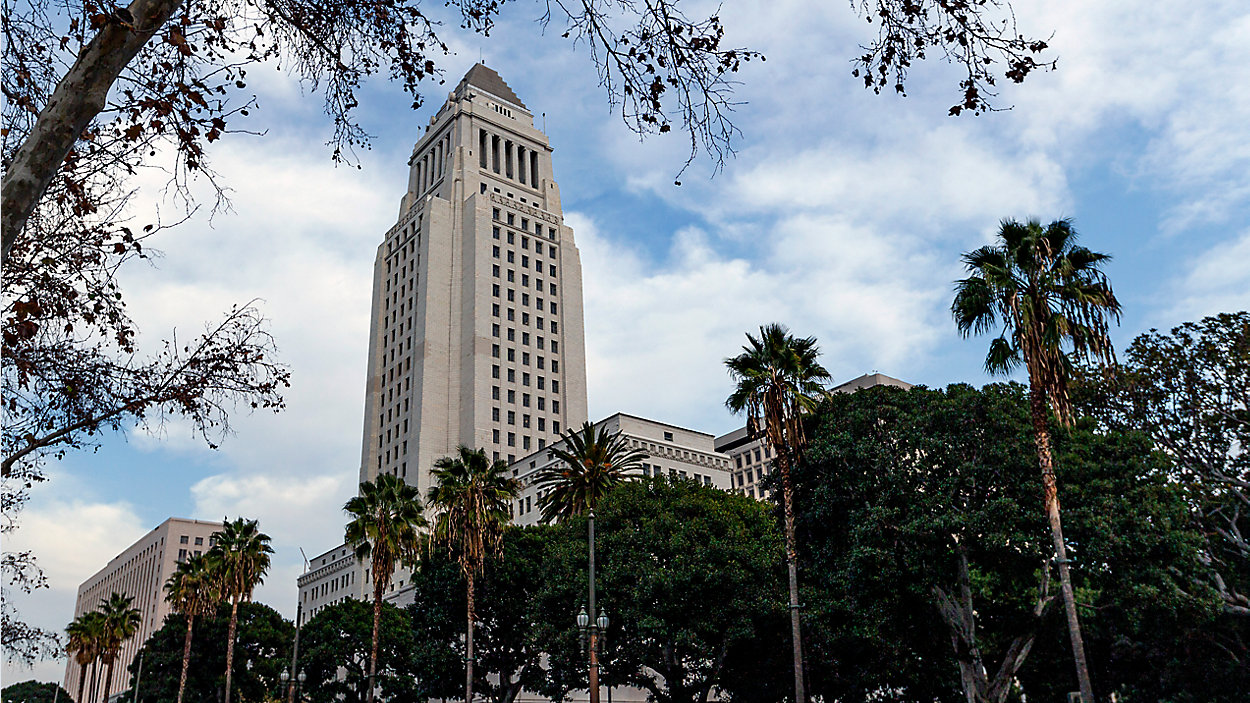Los Angeles city departments are scrambling to meet a November 21 deadline to submit their budgets for the 2026–27 fiscal year, even as many face orders to identify deep spending cuts that could trigger layoffs and service reductions across the city. Internal correspondence shows that the Mayor’s Office and the City Administrative Officer have instructed every department to prepare a “budget reduction exercise,” a signal that the city’s financial crisis is far from over.
This follows last week’s revelation that departments are being asked to find millions in cuts, more than 44 million for the Fire Department alone, even as Los Angeles struggles with staffing shortages, deferred maintenance, and rising demand for social services. The instructions confirm that austerity planning is already underway, with departments now balancing two competing mandates: to propose new or expanded services while simultaneously identifying where to make cuts.
According to internal briefings, departments submit requests for new or expanded services and capital or technology improvements in early October. Full departmental budgets are due to the CAO and Mayor’s Office by November 21, after which the city’s budget season unfolds through the spring. Departmental budget hearings with the CAO and Mayor are held in February and March. The Mayor is required by City Charter Section 311 to release a proposed budget by April 20. The City Council’s Budget and Finance Committee holds public hearings in April and May, takes public input, and makes recommendations. Under Section 312 of the City Charter, the City Council must adopt the budget by June 1 or the Mayor’s proposed budget automatically takes effect. The fiscal year begins July 1 and ends June 30.
Several general managers have noted that these departmental hearings did not take place last year, leaving many departments caught off guard when midyear cuts and layoffs materialized. Some attributed the breakdown to the city’s wildfire emergencies, others to the inexperience of the new administration. Either way, the absence of hearings meant few opportunities for departments, workers, or residents to understand or contest the scale of cuts before they took effect.
Early financial reports suggest the crisis may worsen before the next budget cycle begins. The Fire Department is already running a significant deficit due to salary increases for sworn firefighters and leadership (MOUs 22 and 23) that were approved after last year’s budget was adopted. That decision pushed payroll costs above projections, and the department has yet to receive promised FEMA reimbursements for disaster recovery. The missing funds are a continued drag on the department’s balance sheet.
The gap underscores a structural problem that city staff have been warning about for years. Optimistic revenue forecasts and reliance on one-time funds have left Los Angeles vulnerable to shortfalls. When state or federal funding is delayed, as during the ongoing federal shutdown, local governments must cover the difference by cutting staff or programs.
Many departments are already operating with minimal staffing and aging equipment after years of hiring freezes and deferred maintenance. Cutting just a little more often means eliminating frontline positions or delaying essential repairs, which leads to slower service and higher long-term costs. Internal memos warn that deferred capital work on roads, sanitation, and IT systems creates hidden liabilities that compound future deficits. Social service departments are especially exposed. Agencies like the Community Investment for Families Department, Youth Development Department, and Economic and Workforce Development Department manage programs that connect families to housing, jobs, and youth training. Staff say these programs are not luxuries but preventive investments that save the city money in the long run. Cuts to them would deepen inequality and erode public trust in government.
The city’s fiscal stress is compounded by its growing obligations to host the 2026 World Cup and 2028 Olympic Games. Both events have already begun reshaping city spending priorities. The 2028 Olympics have been designated a National Special Security Event, giving federal agencies such as DHS, ICE, and the Secret Service sweeping authority in Los Angeles. Advocacy groups like NOlympics LA have warned that the designation, requested unusually early by Mayor Karen Bass, will expand surveillance and policing while diverting billions in public resources toward security and infrastructure.
Budget officials say they expect the first round of public hearings to begin in February, though the exact schedule may depend on wildfire recovery and federal funding delays. For now, departments have less than six weeks to finalize their proposals, identify cuts, and justify new spending requests, all within a process that many workers say has grown increasingly opaque.

